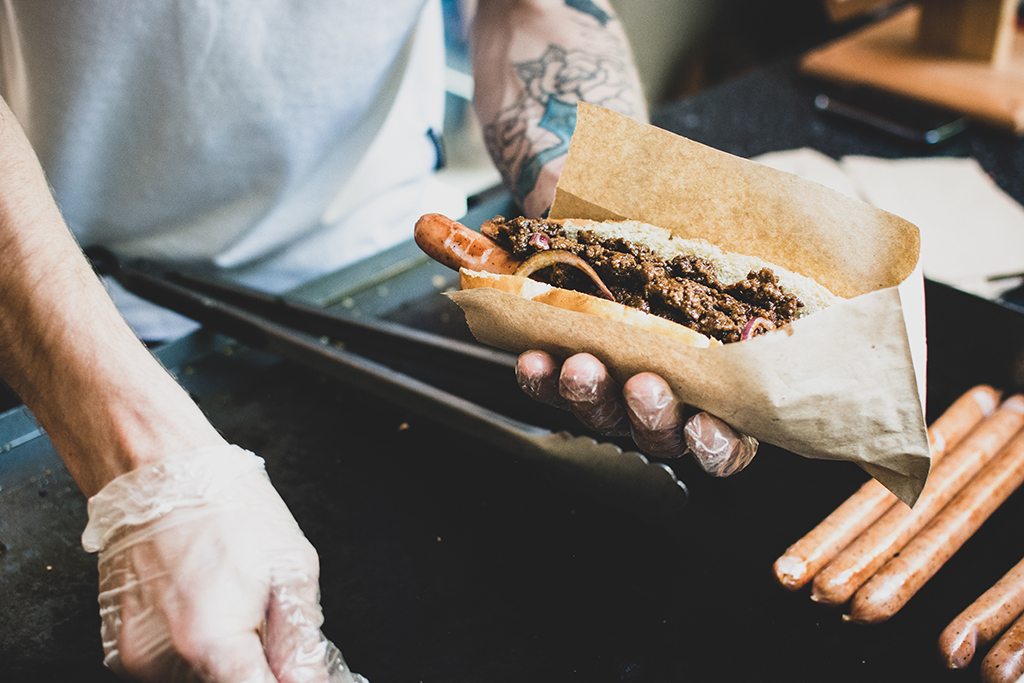
In the wake of the COVID-19 pandemic, food trucks are having a huge moment. They make great, affordable food, and it’s easy to social distance when you’re outside! But you may be wondering how they keep themselves clean and follow the health code.
Just like restaurant owners, food truck owners have to maintain standards. There are several food truck laws pertaining to their cleanliness and maintenance, and food trucks are regularly checked by a health inspector, just like restaurants.
Ease your mind by reading on to find out what you can expect as a food truck owner.
State-Specific Health Code
Much of what health inspectors check for in a food truck varies from state to state. However, there are a few things that are required in most, if not every, state. These include:
- An up-to-date food handling license
- Visibly clean surface (a no-brainer!)
- No food in the “danger zone” temperature range
- Records of food purchases
- Alcohol license (if applicable)
- All food products are more than six inches off the ground
These are general guidelines, and some states are more strict than others. However, these are all signs that a food truck is being run in a compliant and sanitary way.
Regular Inspections
Health inspectors generally arrive once or twice a year. They are impartial, and work for the state government. Therefore, a health inspector cannot be bought or bribed, and you can trust they’re giving an honest rating.
Health inspectors also perform inspections if a business has received a significant number of complaints. If a business performs badly on an inspection, they’ll also run a follow-up to make sure the mistakes were mended. These inspections are often random and unscheduled.
Food Manager Certification
Again, the requirements vary from state to state, but nearly every state requires a food service license. Foodservice licenses and food manager certifications just verify that you are allowed to serve food. It is the bare minimum of starting a food-centered business.
This license is often accompanied by a ServSafe certification, which shows you know the proper food handling methods and won’t give your customers salmonella or food poisoning. Some states also have separate food truck permits that are different from the permits required to run a brick-and-mortar restaurant.
Other Permits and Licenses
In addition to food handling certifications, food truck operators must have a business license and driver’s license. The food truck must also be registered as a commercial vehicle and needs commercial license plates. The process of acquiring these varies from state to state, but the requirement is ubiquitous across the nation.
Ease Your Mind When Serving from a Truck
Though they are lower-tech and more trendy than other restaurants, food trucks must meet a high standard. Any food truck owner worth their salt will know their state’s health code front and back. You want your customers to rest assured that the food you’re serving is safe and compliant.
Starting your first food truck? We have plenty of advice for both fledgling and experienced food truck owners on our blog. Venture confidently into the world of mobile food service with us!
